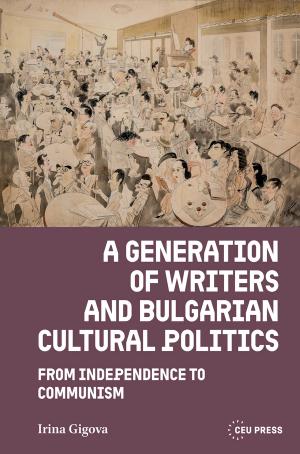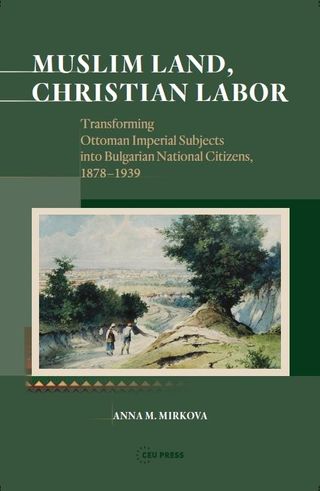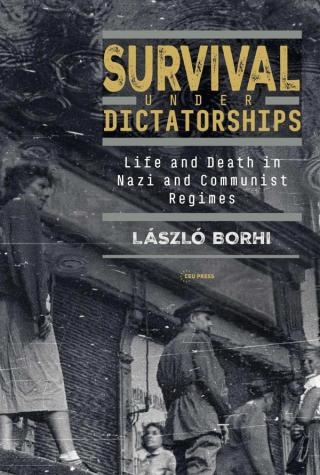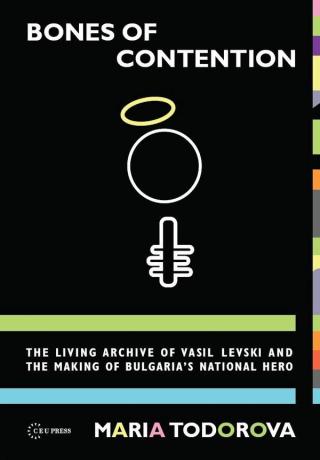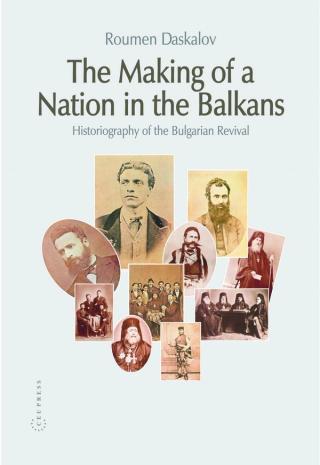In the aftermath of Bulgaria’s liberation from Ottoman rule, a cohort of young men and women found a home in the European arts. This book follows the lives and works of the post-1878 generation of cultural producers who defined Bulgarian identity. A sweeping narrative of social and political change and personal adaptation, the book explores the country’s evolving literary and artistic scene from the 1890s to the 1950s. It traces the impact of wars and coups, ideological shifts and state policies. The book highlights the contributions of key figures and professional associations, their struggles for artistic autonomy, and their efforts to bridge the gaps between high culture and mass entertainment, national and universal art.
A portrait of a generation that transformed Bulgarian culture as it navigated the tumult of the early twentieth century, this book offers insights into the broader patterns of transformation, disruption, and cultural negotiation in modern Europe.

